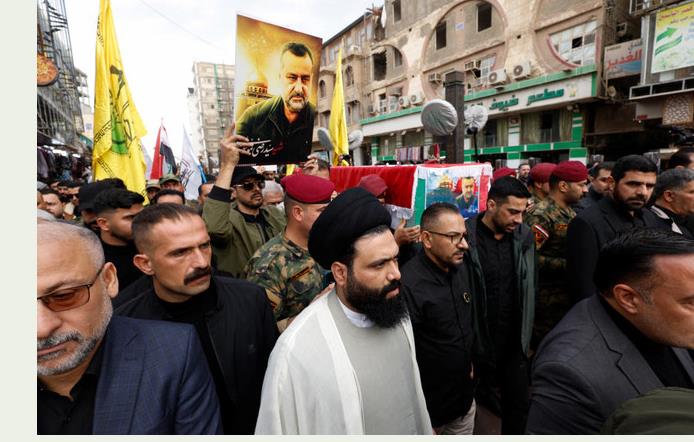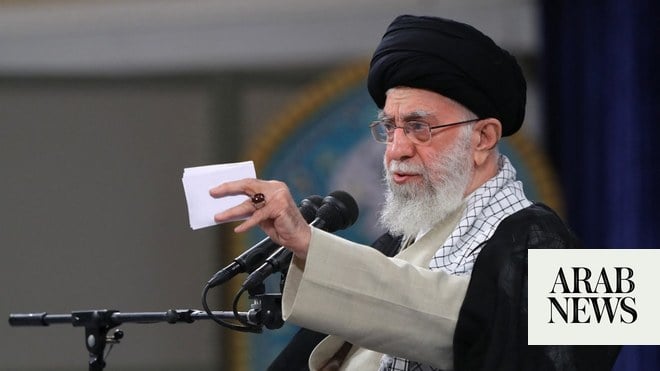
Once again, Iran’s Supreme Leader Adviser for International Affairs Ali Akbar Velayati rejected any discussion with the West over ballistic missiles and Tehrans regional role, stressing that it was "an Iranian internal affair."
"There is no doubt that the Islamic Republic of Iran never seeks anyones permission in its defensive sector," Velayati said.
Meanwhile, Head of the Atomic Energy Organization of Iran (AEOI) Ali Akbar Salehi implicitly threatened to use force against any party that suspends the nuclear deal.
Velayti held a meeting with Syrian Deputy Foreign Minister Faisal Mekdad, after which he defended Irans policy in West Asia region, saying Tehran continues its support and active presence in the region, indicating that it will support allies.
"The United States and its allies have been trying for seven years to take over the legitimate rule of Syria," he said regarding US President Donald Trump’s decision not to withdraw troops from Syria.
Iran is approaching the end of period determined by the EU to negotiate its regional role and ballistic missiles as a condition to renew approval on nuclear agreement, Velayati played down the importance of the US presidents steps, saying the allegations made by Trump lack concrete logic.
During a bilateral meeting with Russian President Putin in Ankara, Turkey, Iranian President Hassan Rouhani stressed that Iran is committed to its obligations of the Joint Comprehensive Plan of Action (JCPOA).
"If one day something that deprives us from the benefits of the JCPOA happens, we will take a new decision," indicated Rouhani.
However, Putin assured his Iranian ally indicating that “all parties” living up to their commitments in this agreement is essential and the international community must support JCPOA’s stability, because “undermining it in any way undermines diplomacy in the region and the world.”
On Thursday, Head of AEOI was quoted by Mehr news agency saying: "Enemies should know that in case of a JCPOA rollback, even though we are never looking for such a situation, special conditions will arise, and when the high ranking officials decide, there will be a special surprise for those who scuttle the agreement."
Salehi said that Iran seeks to preserve its national interests and sovereignty, but if other major powers withdraw from this agreement, Tehran will definitely act in a different way.
At a Nowruz meeting with AEOI staff, Salehi linked overcoming this difficult stage with "national reconciliation, harmony and unity," regardless of disagreements.
Earlier in August 2017, Salehi said his country would go back to enriching uranium by 20 percent at the Fordow Plant, but it prefers not to.
As for Irans scenarios in the event US exited the nuclear deal, Salehi indicated that AEOI’s duty is to prepare to resume work. He also stated that the organization is working to establish two new nuclear reactors in Bushehr, south of the country.
The head of Bushehr also pointed out that his country is facing a "challenging year" at the international level, and expressed Irans concerns about the expected US-North Korean negotiations over the nuclear issue.
"The negotiations between the two countries are vague and complex, but their results require our country to be more vigilant in its work and in making crucial decisions," Salehi concluded.











